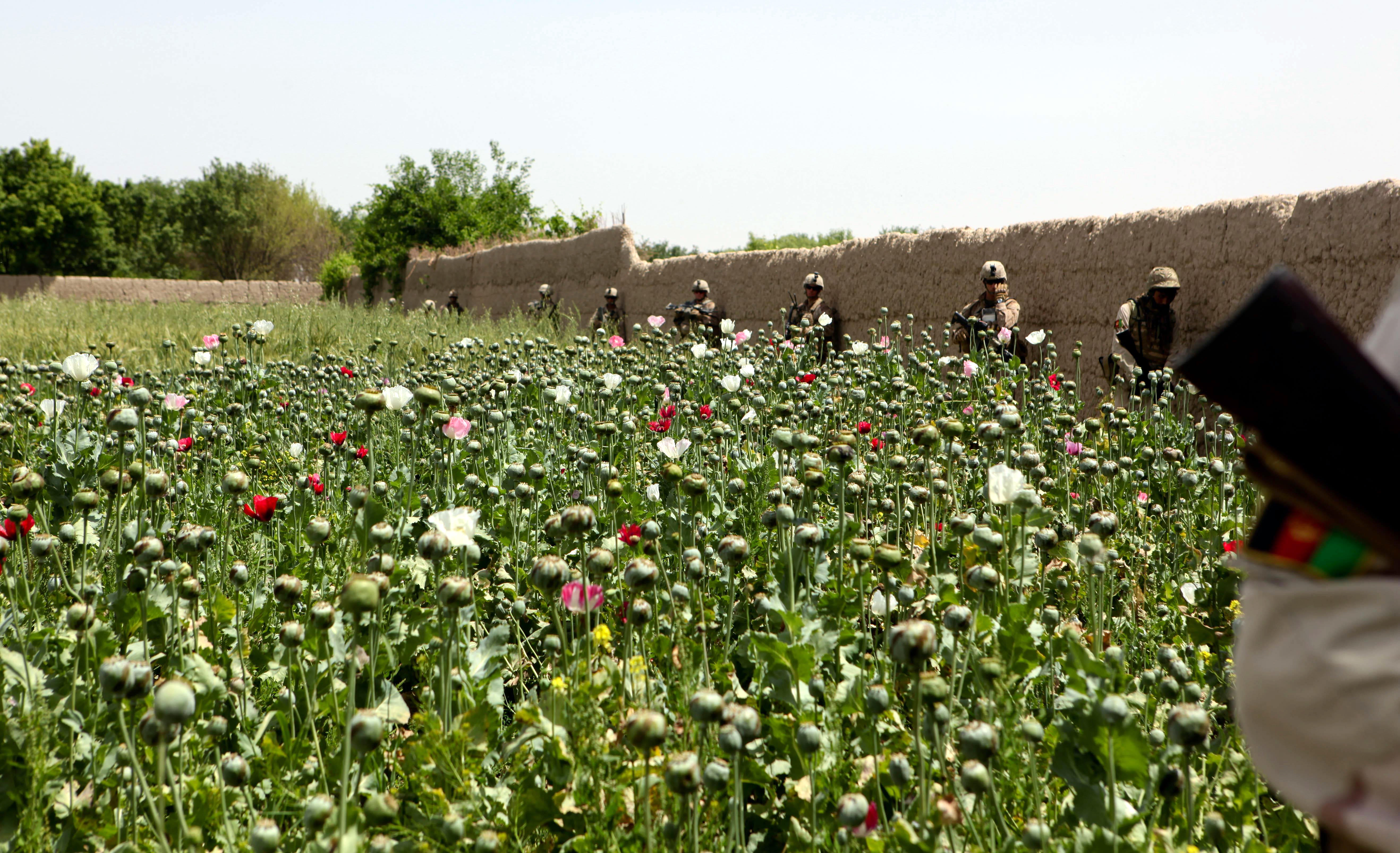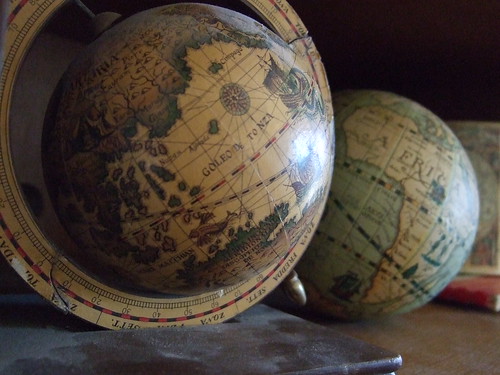
Libyans do not want revenge; they want justice to be done, former prisoner Ali Elakermi tells the BCC in a moving interview as he walks through the prison in Libya where he was held during the regime of former leader Muammar Gaddafi. He shows journalist Jeremy Bowen the corner of a cell where he spent 11 years of his life. ‘Revenge engenders revenge,’ says Elakermi, close to tears in a report screened last week.
As Libya lurches from one crisis to the next, with increasing uncertainty about who is in charge in Tripoli following Gaddafi’s toppling in 2011, many feel the need for a reminder of the horrors of the Gaddafi regime. Because it was horrible. The former ‘Guide of the Revolution’, as Gaddafi liked to be called, sponsored terrorism worldwide; in Africa and as far away as Indonesia. There are consistent reports that he financed and supported warlords like Charles Taylor in Liberia and rebel movements in Chad and elsewhere in the Sahel. Political opponents like Elakermi were summarily thrown into jail, often tortured and sometimes killed.




